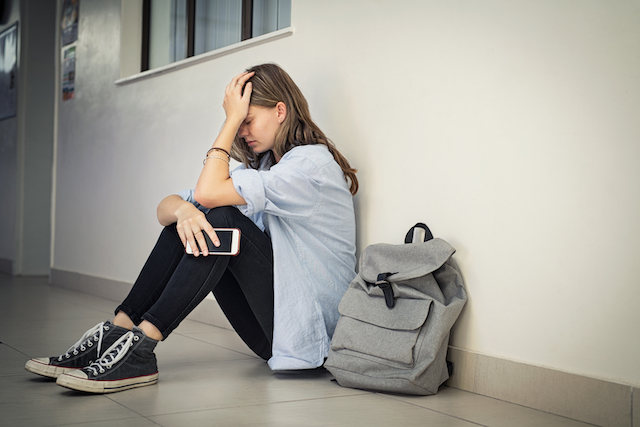It’s Children’s Mental Health Week soon (5-11 February 2025). I was reflecting about how children today face an increasing array of stressors, from academic pressures and social expectations to challenges like navigating the digital world. With the rise in mental health concerns amongst young people, many parents are turning to alternative therapies to support their children. Hypnotherapy, a practice rooted in relaxation and focused attention, has gained recognition as an effective tool to help children manage anxiety and improve their overall mental well-being.

“Children are naturally more imaginative and open to suggestions, which makes them ideal candidates for hypnotherapy,” says Marygrace Anderson, a certified hypnotherapist with years of experience working with young clients. “Using their natural creativity, we can guide them to reframe their thoughts and develop healthier coping mechanisms.”
Understanding Hypnotherapy and How It Works
Hypnotherapy is a therapeutic technique that uses hypnosis to access the subconscious mind. While often misunderstood as a form of mind control, hypnosis is actually a state of heightened focus and relaxation. In this state, individuals are more receptive to positive suggestions and guided visualisation, which can address deep-seated fears and anxieties.
“With children, hypnotherapy sessions are always tailored to their age and personality,” Anderson explains. “We might use storytelling, visual imagery, or even role-playing to engage their minds and empower them to face their challenges.”
How Hypnotherapy Helps Children with Anxiety
Anxiety can manifest in children as difficulty sleeping, excessive worry, or physical symptoms like stomach aches and headaches. Hypnotherapy targets these symptoms by helping children understand and manage their fears.
“For example, if a child has a fear of school or public speaking, we might use visualisation techniques to help them imagine a scenario where they feel confident and calm,” says Anderson. “This not only reduces immediate anxiety but also builds resilience for future challenges.”
Research supports the effectiveness of hypnotherapy in treating anxiety. Studies have shown that hypnosis can reduce physiological responses to stress, such as elevated heart rates, and help individuals regulate their emotions.
Building Self-Confidence and Emotional Resilience
Beyond addressing specific fears, hypnotherapy can also bolster a child’s self-confidence and emotional resilience. According to Anderson, many children experience negative self-talk or doubt their abilities, which can exacerbate feelings of anxiety.
“Through hypnotherapy, we can replace these negative thought patterns with positive affirmations,” she says. “For instance, instead of thinking ‘I can’t do this,’ the child learns to believe, ‘I am capable and strong.’ These small shifts in mindset can have a profound impact.”
The Role of Parents in the Process
Hypnotherapy is most effective when parents are involved in the process. Anderson emphasises the importance of creating a supportive environment at home that reinforces the positive changes initiated during sessions.
“Parents play a critical role in a child’s healing journey,” she says. “I often provide parents with strategies to complement the hypnotherapy, such as relaxation techniques or bedtime routines that promote a sense of security.”
Addressing Misconceptions
One of the barriers to adopting hypnotherapy is the misconception that it’s akin to stage hypnosis or lacks scientific credibility. Anderson is quick to dispel these myths.
“Hypnotherapy is a legitimate, evidence-based practice that focusses on relaxation and mental clarity,” she says. “It’s not about ‘tricking’ the mind but rather empowering the child to unlock their potential to heal and thrive.”
Hypnotherapy offers a gentle, non-invasive approach to improving children’s mental health and helping them cope with anxiety. By addressing the root causes of their fears and equipping them with practical tools for resilience, this therapy can have a lasting impact.
“Every child is unique, and hypnotherapy honours that,” Anderson concludes. “It’s about giving them the confidence to face life’s challenges and the freedom to enjoy being a child again.”
If your child is struggling with anxiety, consider consulting a qualified hypnotherapist to explore this promising avenue for mental health support.
Special offer given to London Mum’s Magazine readers, with a simple promo on Marygrace Anderson’s hypnotherapy website – Get 10% off a first session valid until 30 June 2025 using code “London Mums”.



